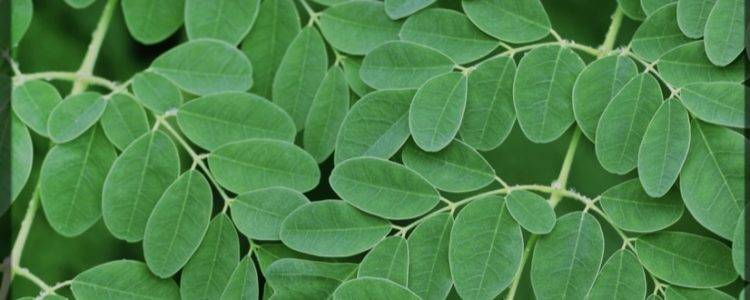It’s a tropical tree that can survive droughts. Moringa is often called the drumstick tree because of its skinny, foot-long pods. Moringa is a plant that is easy to grow and it adapts to most environments, and is most of it is edible by humans or farm animals. An important food source in developing countries, it has been aptly named the “tree of life.”

Health Benefits of Moringa.
It’s traditionally been used as a remedy for such conditions as:
- Diabetes
- Long-lasting inflammation
- Bacterial, viral, and fungal infections
- Joint pain
- Heart health
- Cancer.
According to WebMD
Moringa has many important vitamins and minerals. The leaves have 7 times more vitamin C than oranges and 15 times more potassium than bananas. It also has calcium, protein, iron, and amino acids, which help your body heal and build muscle.
It’s also packed with antioxidants, substances that can protect cells from damage and may boost your immune system. There’s some evidence that some of these antioxidants can also lower blood pressure and reduce fat in the blood and body.




Toxic or Adverse Effects? It’s recommended to check with your primary care provider before incorporating Moringa Tree supplements to your diet.
Use of Moringa oleifera in Bakery Products
The use of Moringa oleifera in food can be very beneficial; some researchers indicate that food products can be enriched with Moringa oleiferaby providing vitamins, minerals, essential amino acids and oils in order to improve their nutritional value
Moringa is the ancient and Biblical “Tree of Life” described in the Bible Book of Exodus 15:20-25. Its seeds are still used around the World to purify water as Moses did at Mt. Sinai. The power of the Biblical Miracle Tree is confirmed by modern science.

